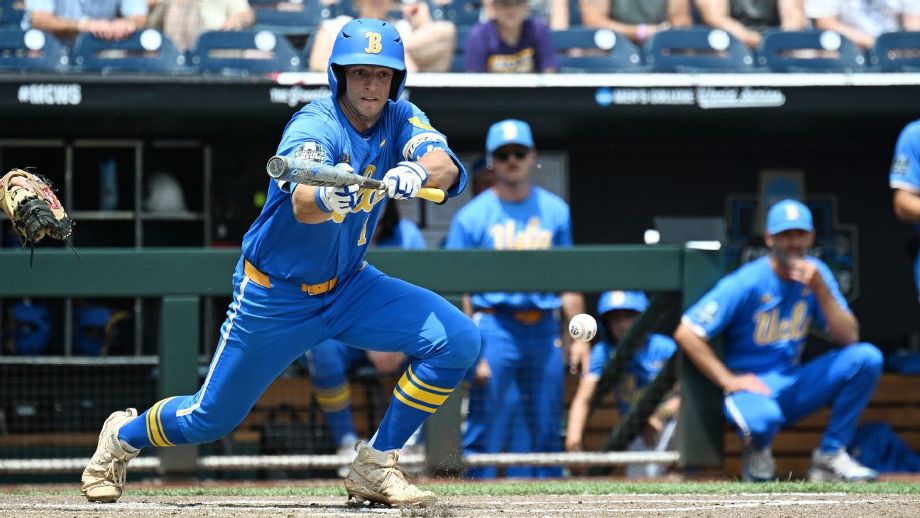The intimate concert at the Salle Cortot on October 11, 2025, marked a captivating performance featuring mezzo-soprano Ambroisine Bré alongside harpsichordist and conductor Christophe Rousset. The event, titled “Once Upon A Time… Le Lamento,” explored the emotional depths of the lamento genre, showcasing a series of poignant musical pieces that resonated with the audience.
Located in the 17th arrondissement of Paris, the Salle Cortot has been a prominent venue for music since its establishment in 1929 by architect Auguste Perret. The hall, which accommodates around 400 guests, is renowned for its exceptional acoustics and warm aesthetic, making it an ideal setting for classical performances.
Rousset and Les Talens Lyriques’ Upcoming Season
Rousset and his ensemble, Les Talens Lyriques, are set to host a series of performances throughout the 2025-26 season. Concerts will take place at notable venues, including the Paris Louvre on December 5 and the Paris Philharmonie on January 25. Their new CD of Lully’s “Proserpine” is scheduled for release on the Chateau de Versailles Spectacles Label in May 2026. Additional performances include “La Clemenza di Tito” in June at the Grange Festival and Wurzburg’s Mozartfest, featuring a talented cast including Jeremy Ovenden and Anna El-Khashem.
The concert on October 11 was particularly meaningful as it set the stage for the exploration of sorrow through music. Rousset emphasized the significance of the lamento, describing it as a classic form that expresses profound emotional experiences, particularly in the context of love and heartbreak. He noted that this tradition began with Claudio Monteverdi, whose work remains influential in the realm of opera.
A Journey Through Lamento
The afternoon began with Monteverdi’s “Lamento d’Arianna” (“Lasciatemi Morire!”), which resonated with Bré’s rich mezzo-soprano voice. Rousset’s sensitive conducting allowed both the music and the emotional connection between singer and audience to flourish. Bré’s performance displayed a remarkable ability to convey complex emotions, shifting between calmness and tension.
As the concert progressed, Bré performed Michel Lambert’s “Ombre de mon amant,” showcasing her vocal dynamism and storytelling capabilities. The aria’s emotional weight transported the audience into a realm of nostalgia and reflection.
Rousset’s interpretation of Johann Jakob Froberger’s “Suite XIX in C minor” added another layer of depth to the concert. He provided context regarding the piece, which serves as a funeral march in memory of a friend. His improvisational elements brought Froberger’s narrative to life, further enhancing the audience’s engagement.
Bré continued to impress with Lambert’s “Par mes chants tristes et touchants,” where her vocal agility and ornamentation captivated listeners. The collaboration between her voice and Rousset’s harpsichord in Henry Purcell’s “Dido and Aeneas” created a rich tapestry of sound, exemplifying the bond between instrument and voice.
The performance concluded with Jean-Baptiste Lully’s “Isis,” where Bré’s upper register reached ethereal heights, leaving the audience in awe. This concert served as a profound reminder of the power of music to transform even the deepest sorrow into a form of artistic expression.
The event at Salle Cortot not only highlighted the remarkable talents of Ambroisine Bré and Christophe Rousset but also reinforced the significance of lamento in the operatic tradition. It exemplified how music can serve as a vehicle for emotional release and connection, inviting listeners to experience the beauty found within heartbreak.







